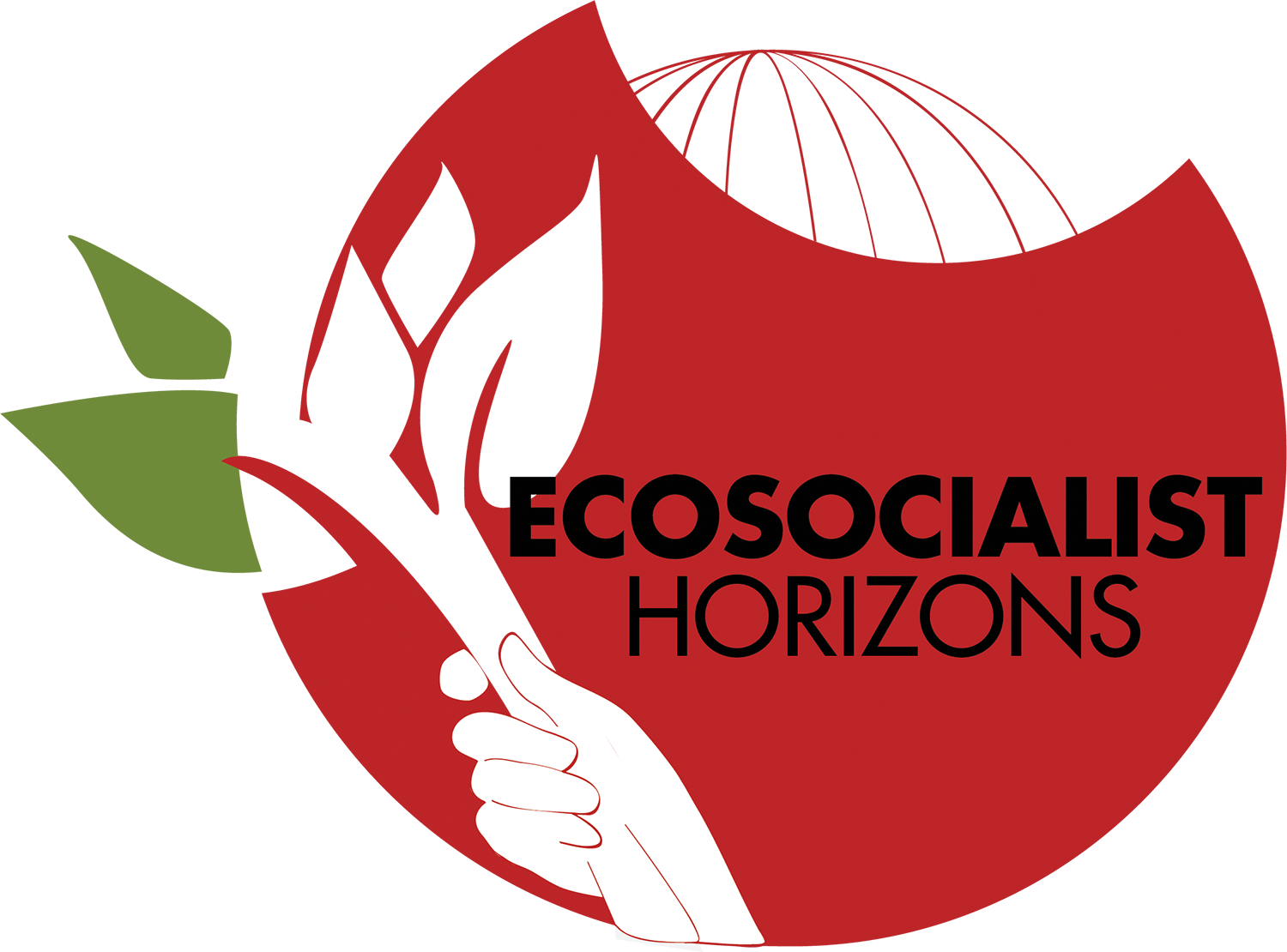Economic Crisis
We find ourselves in an economic crisis that is every day growing both more acute and more generalized. Economic crisis is all at once vast and intimate, social and technical, political and personal. Its causes often seem abstract and mysterious, and yet the consequences are a matter of life and death. In the digital global economy, it spreads at the speed of light. Most of us live and breathe crisis like fish breathe water, without understanding it.
Way back in 1999, the Economist commented that “[f]inancial crises seem now to happen with almost monotonous regularity.” Since then, crises have accelerated to such an extent that we look back on 1999 as almost a golden age of stability.
Capitalism repeats itself, and so do we. It has all gone far beyond both tragedy and farce. Paul Tibbets, the soldier who dropped the first atomic bomb, insisted much later: “If you give me the same circumstances I’d do it again.” There is something deep in our world that is recurring, reverberating and reflecting into our present day. Should we be surprised to see the Great Depression in the headlines of the twenty first century? We will repeat ourselves also, unless we organize something new.
In times of crisis, we need and deserve answers to give meaning to our struggles and sacrifices. Here we will collect research, information and analysis about capitalism in crisis, with the goal of understanding it, fighting it, and moving beyond it.
Food Crisis
If we are what we eat, as the well-known adage suggests, then we should bear witness to Vandana Shiva’s insight that “the hijacking of our food systems is the hijacking of our democracy.” Under capitalism, food’s nutritional value is subordinated to its value as a commodity. The result of the worldwide spread of capitalist farming has been a drastic reduction in biodiversity, the poisoning and destruction of whole ecosystems, such as the nearly-extinct coral reefs, and hunger and famine for hundreds of millions of humans worldwide.
The global food system is under assault from the twin specters of monopoly and monoculture. Regarding the latter, twelve plant and five animal species make up 75 percent of the world’s commercially produced food, and 60 percent come from only three crops – rice, maize and wheat. Massive fertilizers and pesticides are needed to maintain this unnatural agricultural system, affecting every step of the food chain, from pesticide infected bees to fish-killing algae blooms spurred by fertilizer runoff.
Despite record harvests, the number of hungry people worldwide has soared to nearly 1 billion. The powerlessness of the global poor finds its mirror in the power of agribusiness: just four companies control at least three-quarters of international grain trade. In the United States, by 2000, just ten corporations–with boards totaling only 138 people–had come to account for half of US food and beverage sales. In the United States, 87 percent of the beef cattle are slaughtered by the four largest firms, and the four largest firms process from 57 percent to 76 percent of corn, wheat, and soybeans. In Brazil, the world’s third largest food exporter, less than 1 percent of the population owns about 54 percent of the fertile agricultural land, and 32 million people are officially considered destitute.
Labor conditions in these industries are deplorable. The life expectancy of US farmworkers is forty-nine years. Seven Florida growers have been convicted of slavery involving more than 1,000 workers. And the living conditions among independent farmers in the global south is arguably worse. A quarter-million farmers in India have taken their lives because of debt induced by the high costs of nonrenewable seed, which spins billions of dollars of royalty for corporations like Monsanto.
Vandana Shiva incisively concludes with an ultimatum: “We will either have food dictatorship for a while and then a collapse of our food systems and our societies, or we will succeed in building robust food democracies, resting on resilient ecosystems and resilient communities. There is still a chance for the second alternative.”
climate Crisis
Capitalism is the culprit behind the global warming trend because it is based on the endless production of goods and services running on or made up of fossil fuels, which release greenhouse gases when used. These gases trap heat in the earth’s atmosphere and raise the average temperature of the planet. Greenhouse gases can also be released by other activities that modern capitalism relies on, such as single-crop industrialised farming and deforestation.
Since the early 1800s, the emission of carbon dioxide, a main greenhouse gas, has increased from negligible amounts to 30,000 million tonnes per year. This has led to a change of concentration in the atmosphere from 280 parts per million prior to 1800 to 388 parts per million today. Levels of atmospheric nitrous oxide, another greenhouse gas, have risen by more than 15% since 1750. Nitrous oxide can trap heat about 300 times more than carbon dioxide can over a century. Nitrous oxide levels have increased from 270 parts per billion in pre-industrial times to 314 parts per billion today. These compounds do not just go away once they are airborne. They can stay for decades if not more than a century, so the damage is long term. And the emissions have been more or less constantly rising, barring global economic downturns.
These greenhouse gas emissions have contributed to raising average temperatures 0.8 degree Celsius (1.4 degrees Fahrenheit) around the world since 1880, much of this in recent decades, according to NASA’s Goddard Institute for Space Studies. The earth goes through climate cycles naturally, but the rate of warming has been increasing. The 20th century’s last two decades were the hottest in 400 years and possibly the warmest for several millennia, according to a number of climate studies. And the United Nations’ Intergovernmental Panel on Climate Change (IPCC) reports that 11 of the past 12 years are among the dozen warmest since 1850. This rise in global average temperatures, as stated above, is directly linked to capitalism because of the very way it functions. Therefore, to mitigate global warming trends, capitalism itself must be replaced with an ecologically saner society.



